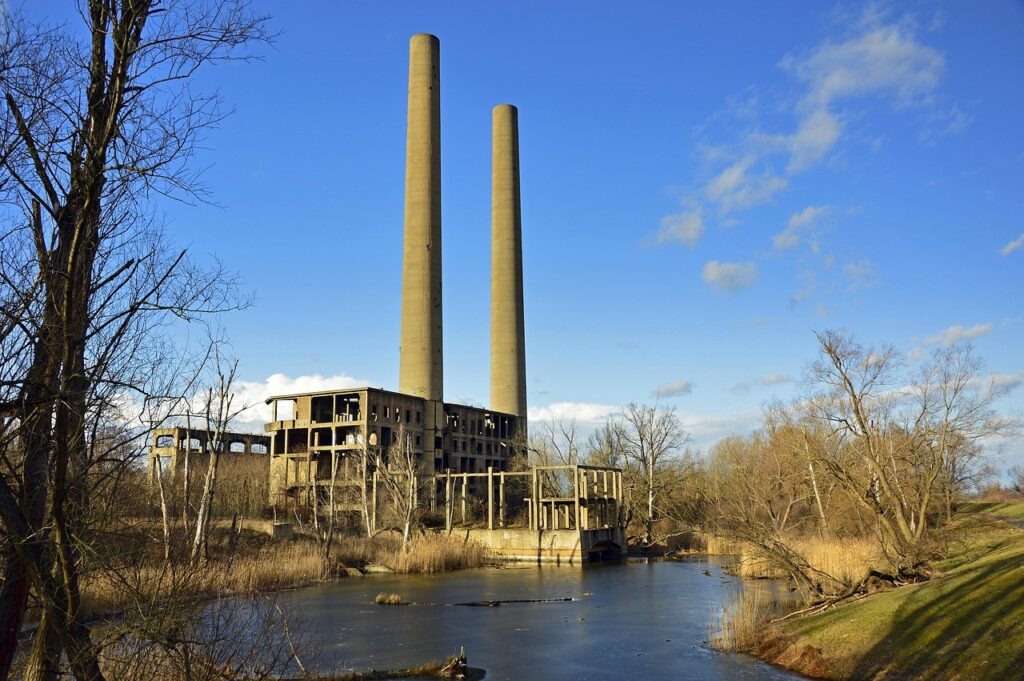The power industry is changing. But one thing remains constant—our need for skilled operators to keep energy flowing. With talk of automation, green energy, and shifting workforces, many are asking the same question: Is a career as a power plant operator still in demand in 2025?
The answer is yes. These jobs aren’t disappearing. They’re evolving. In fact, the industry needs trained professionals more than ever. If you’re considering a future in energy, now is a great time to enter this field—especially with the right guidance from Power Industry Support.
What Does a Power Plant Operator Do?

Power plant operators run the machinery that generates electricity. Their job is to keep everything running smoothly and safely. They monitor equipment, read meters, and adjust controls. They also detect problems before they turn into outages.
Depending on the facility, they might work with coal, natural gas, nuclear, hydroelectric, or renewable systems. Newer plants use smart systems and automation, but operators are still needed to oversee operations and respond in real time.
Is There Still Demand in 2025?
Yes—power plant operator jobs are still in demand in 2025.
As older operators retire, companies are facing talent gaps. At the same time, energy needs are increasing. More people are using electric vehicles, working from home, and building in previously undeveloped areas. All this requires more electricity—and people to manage it.
Even with advances in automation, energy systems need human supervision. Computers can monitor conditions, but they can’t troubleshoot complex system failures or make critical decisions during emergencies. That’s where experienced operators come in.
Why the Energy Sector Needs You
The world may be shifting to cleaner energy, but the need for steady, skilled talent remains.
Utilities are investing heavily in modernizing power plants and grids. With this growth comes opportunity. From solar fields to hydrogen plants, companies need trained individuals who understand how energy works and how to keep systems running.
Operators aren’t just running power plants—they’re helping to shape the future of energy.
This makes energy plant operator careers a smart, future-proof choice for anyone looking for job security, advancement, and purpose.
Key Skills for Modern Operators
Today’s operators use a combination of hands-on skill and digital know-how. Employers are looking for candidates who can manage both.
Here are the must-have skills:
- Attention to detail: Precision keeps power systems safe.
- Mechanical aptitude: Understand and maintain complex equipment.
- Computer literacy: Work with digital monitoring and control systems.
- Problem-solving: Act quickly and calmly during system faults.
- Math and analytical thinking: Make sense of data and technical diagrams.
- Communication: Work smoothly with other team members and supervisors.
Being safety-conscious is also crucial. Operators often work in high-pressure environments where safety protocols must be followed strictly.
Training and Certification Options
You don’t always need a college degree to get started. But you do need training.
Some entry-level positions require only a high school diploma, followed by on-the-job training. Others may prefer candidates with technical school experience or associate degrees in energy systems, electronics, or industrial technology.
Certifications that boost your chances:
- NERC Certification – Required for operators working with the electric grid.
- EPA Certifications – For handling environmental compliance.
- OSHA Safety Training – Shows you can operate safely and responsibly.
- Apprenticeship Programs – Learn while you earn with real plant experience.
This is where Power Industry Support becomes a game-changer for aspiring operators.
Career Growth and Salary Outlook
A career as a power plant operator offers more than a paycheck—it offers a clear path forward.
Starting salaries for operators in the U.S. average between $55,000 and $85,000 per year, depending on experience and location. With time and certifications, you can reach six-figure salaries.
Career advancement includes roles like:
- Control Room Operator
- Senior Technician
- Plant Supervisor
- Energy Systems Manager
As you grow, you may also specialize in renewables, nuclear, or grid operations. The possibilities expand with experience and ongoing training.
Why Power Industry Support is Best for Energy Plant Operator Careers
When it comes to launching a career in this field, Power Industry Support is your best ally.
They specialize in helping people like you succeed in energy plant operator careers. Whether you’re brand new or looking to upgrade your skills, they provide a clear, practical path to getting hired.
What Makes Power Industry Support Stand Out?
- Industry-Relevant Training: Their programs are tailored to what energy companies actually need.
- Certification Support: From NERC to OSHA, they prepare you for every test.
- Job Placement Help: Get matched with real power plant operator jobs across the country.
- Hands-On Learning: Learn in simulated environments or through real internships.
- Flexible Learning: Online and in-person options that fit your schedule.
- Ongoing Career Guidance: They don’t just train you—they help you grow for life.
If you’re serious about getting into this career—or growing in it—Power Industry Support is where you should start.
How to Get Started
Getting started is easier than you think. Follow these simple steps:
- Contact Power Industry Support: Reach out to learn about their available programs.
- Choose a Path: Decide if you want to train full-time, part-time, or take a specific certification course.
- Train and Get Certified: Complete the required courses and get your credentials.
- Apply for Jobs: Use Power Industry Support’s network to find power plant operator jobs near you.
- Start Your Career: Begin working, gaining experience, and growing your career in a field that truly matters.
It’s a clear, guided path—and it all starts with the right training partner.
Conclusion
So—is a career as a power plant operator still in demand in 2025?
Absolutely. Not only is the demand still strong, but the field is growing in new and exciting directions. The energy industry is transforming, and skilled operators are more valuable than ever. If you’re looking for a stable, well-paying career with long-term potential, energy plant operator careers are a smart choice. And with the help of Power Industry Support, you don’t have to figure it out alone. They’ll train you, guide you, and connect you with real job opportunities in a field that powers the world.



